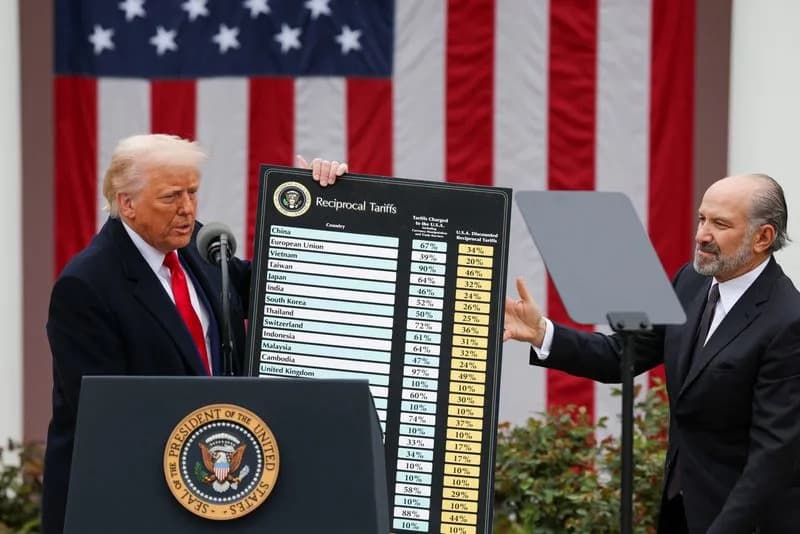The Port of Long Beach says most holiday shipments should arrive on time, but tariff-related costs are increasingly being passed to consumers, driving price increases. CEO Mario Cordero warned shippers are passing along tariff expenses and pointed to consumer caution in categories like apparel and toys; he cited a roughly 15% rise in a coffee purchase as an example. Despite these pressures, the port handled over 10 million TEUs in fiscal 2025 (up 11%) and officials expect overall throughput to finish the year in positive territory.
Port of Long Beach: Holiday Deliveries Likely, but Tariffs Could Push Prices Higher

Holiday shipments expected to arrive on time, but tariffs may raise prices
Officials at the Port of Long Beach say imports are moving steadily through the terminals and that most holiday shipments should arrive on time despite uncertainty from a federal government shutdown and shifting tariff policies. However, rising tariff-related costs and changes in supply-chain behavior mean some products could be more expensive for shoppers this season.
Tariffs and consumer prices
Mario Cordero, chief executive of the Port of Long Beach, said retailers and manufacturers initially absorbed many tariff costs, but that balance is shifting as it becomes clearer which levies will remain. 'Consumers will likely see price escalation in the coming months as shippers continue to pass along the cost of tariffs on goods,' Cordero said during a virtual news conference.
Cordero gave a personal example, noting the price of his Starbucks coffee rose roughly 15%, and said more shoppers are turning to discount stores. He added that further trade agreements between the U.S. and China could help relieve some price pressure.
Cargo volumes and affected categories
Port data show declines in container volumes for categories such as winter apparel, kitchen appliances and toys—items often purchased as gifts—suggesting consumers may be more cautious. Still, the steep drops some analysts forecast did not materialize; projections of up to a 35% traffic decline have not occurred.
In fiscal year 2025 (October 2024–September 2025), the port handled more than 10 million 20-foot equivalent units (TEUs) for the first time, an 11% year-over-year increase. October recorded 839,671 TEUs moved, down from the same month in 2024, as many retailers shipped earlier than usual to avoid fees and restock inventories amid tariff uncertainty.
Economic impact and outlook
The Port of Long Beach remains a major economic engine for California: officials estimate it supports about 691,000 jobs in Southern California and is connected to more than 2.7 million U.S. jobs. With cargo throughput largely holding up, Cordero said he expects the port to finish 2025 in 'positive territory.'
The U.S. Supreme Court has begun hearing arguments on the legality of certain tariffs, a development that could influence future trade policy and consumer prices.
'Clearly today, it's fair to say that the worst scenarios some predicted did not occur,' Cordero said. 'The challenges were many, and there's no doubt that many companies and their workers suffered, but cargo volume is turning out to be just as high this year as it was last year.'
Originally reported in the Los Angeles Times.
Help us improve.




























